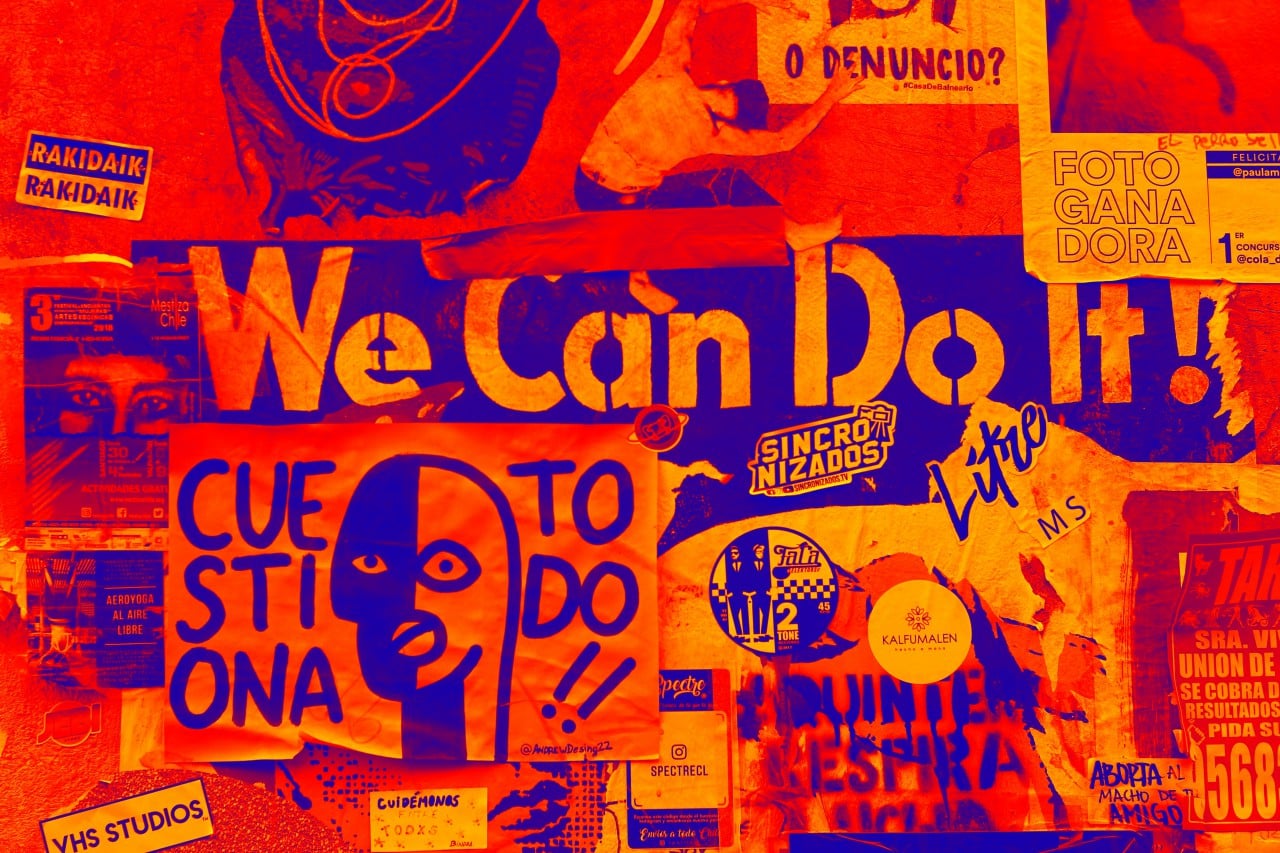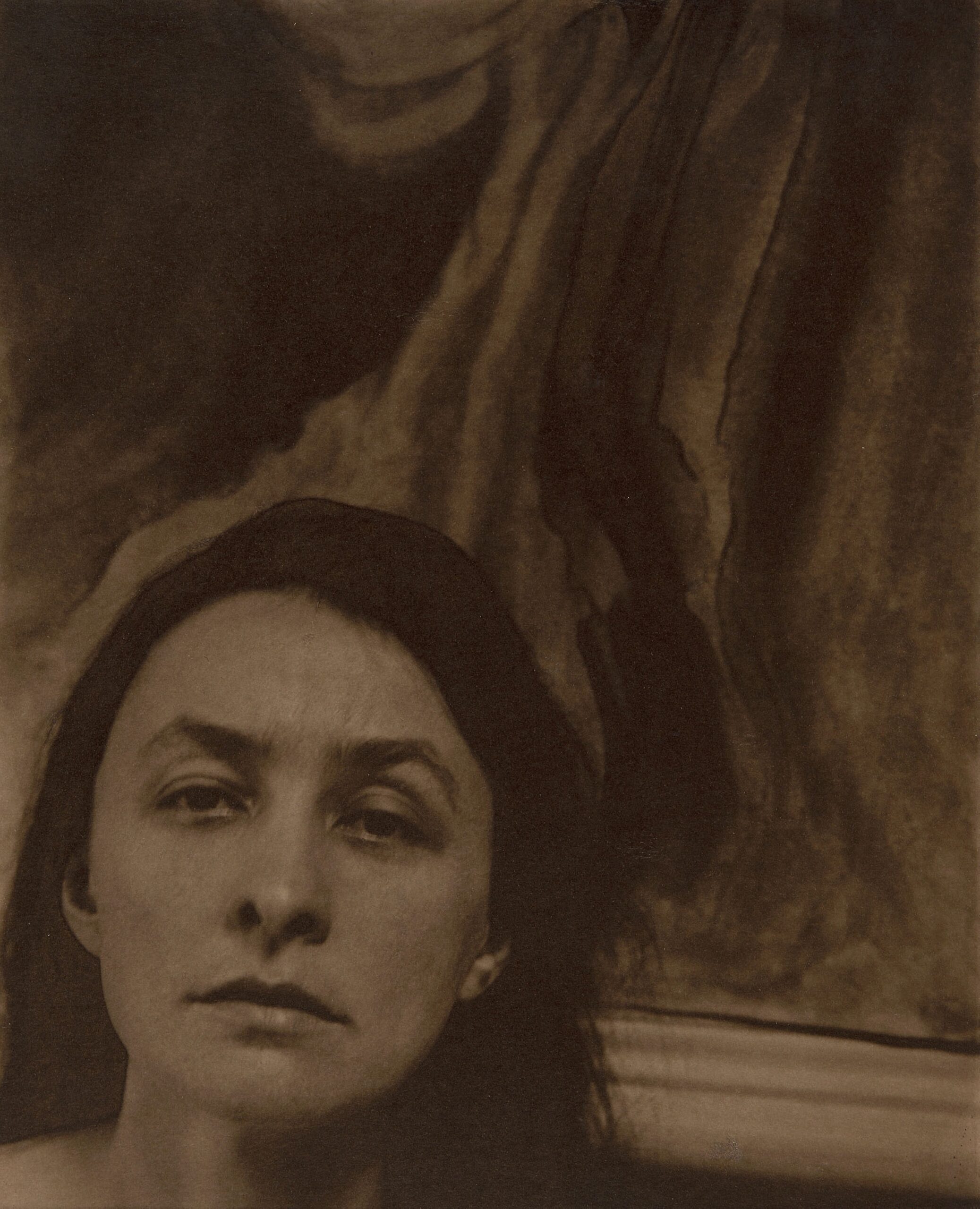Are We Addicts? | For The Love Of Coffee
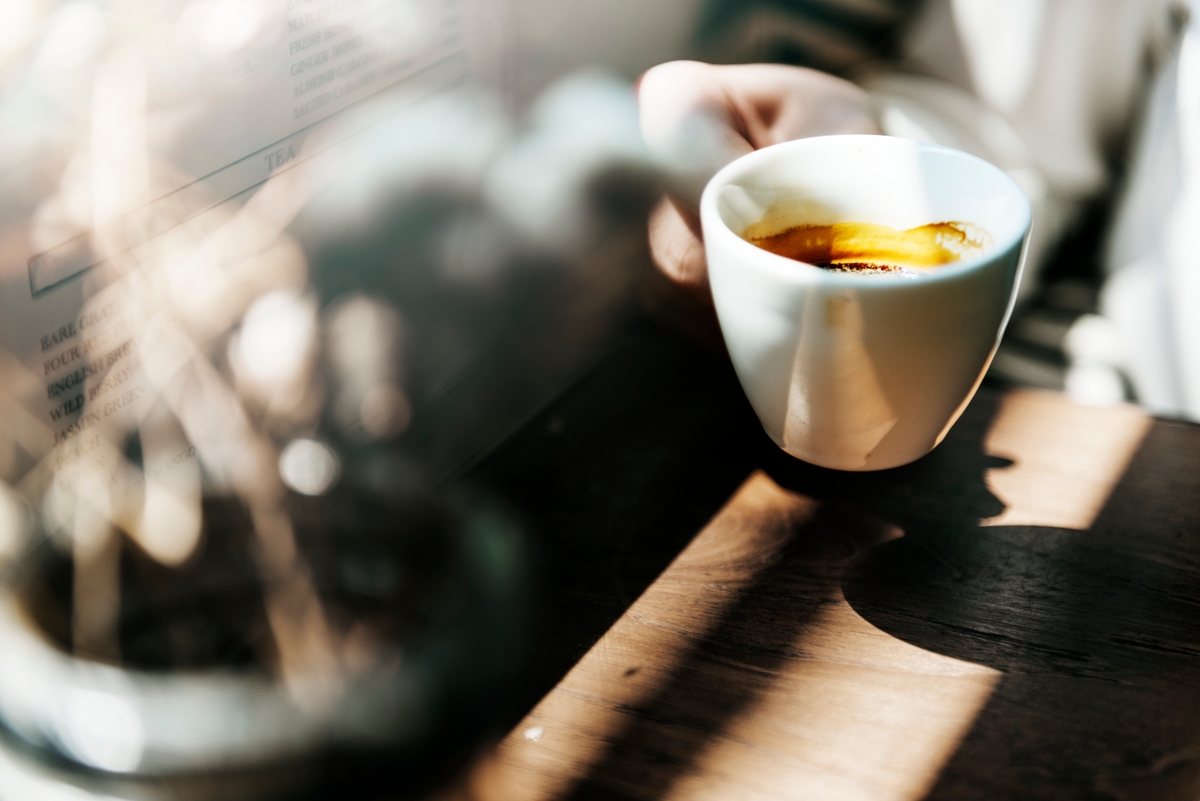
Sue Dhillon is an Indian American writer, journalist, and trainer.
Why Do We Love Coffee?
Our complicated relationship with the world’s most socially acceptable drug.
OUR LOVE AFFAIR WITH COFFEE
Our love affair with coffee is a complicated one.
On the one hand, coffee is really nice. It tastes good, has an aromatic smell, and helps perk us up when we need it most. Like a trusty old friend, we’ve come to depend on coffee when we’re feeling low, picking us up and giving us the boost to carry on,
However, unlike an aromatic and (oddly) tasty old friend, coffee might be slowly killing us. Some of us anyway.
Balancing this dilemma is no small feat. For every anecdotal story of “how giving up caffeine gave me tons more energy,” there’s an army of morning zombies who don’t care and (quite literally) need caffeine to function. Take coffee from their cups at your peril.
Suggesting this addiction to coffee is unhealthy is not only unpopular but borders on the taboo. With red meat, cigarettes, wine, and dairy all now committed to the naughty list, coffee appears to be the last of the good things. Probably not great for you, but a little health-compromising luxury that makes life a little sweeter – or should that be bitter?
But, over the years, coffee has come under attack from the fun police, claiming it, too, is something we might want to avoid or at least consume irregularly enough that the joy’s sucked out of it.
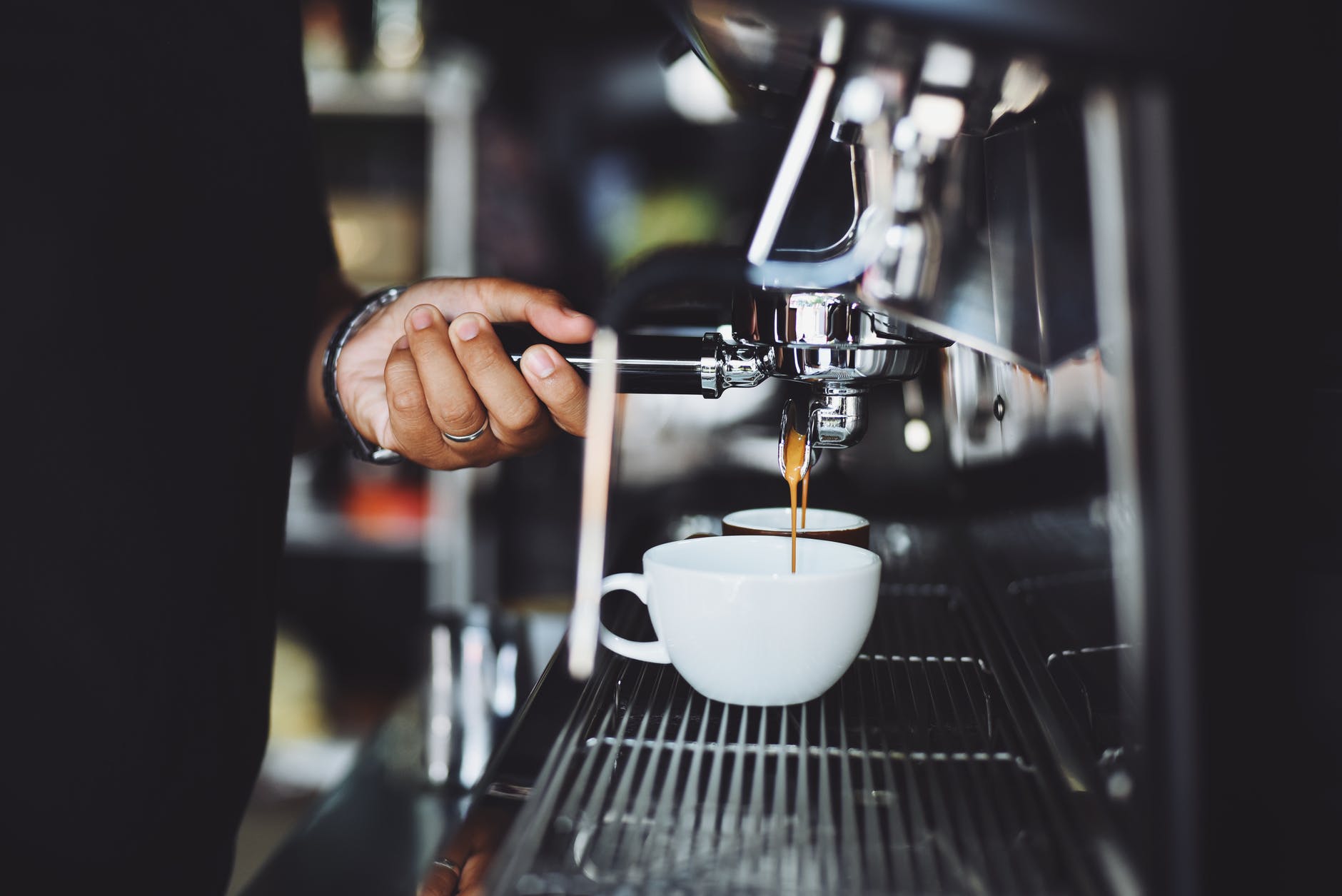
WHY DO WE LOVE COFFEE SO MUCH?
For some, it’s a ritual. Sourcing the beans, grinding them to just the right coarseness, and discovering the perfect bloom-to-boil ratio is all part of the joy. And don’t even get a coffee-head started on cafetieres, filters, and steaming techniques.
For others, it’s all about the energy buzz and the taste. A jar of freeze-dried to sharpen you up or a barista-borne flat white while reading a book is just about as good as it gets.
And that’s the best thing about coffee: it’s versatile. We talk about it as if it’s one identifiable thing, but in truth, coffee is a shapeshifter, adapting to the palette and preferences of culture and time like some sort of delicious chameleon. Even those who say they don’t like coffee can find something on the menu of Starbucks that appeals to them, albeit covered in 300 calories worth of whipped cream.
This adaptability has led to caffeine consumption becoming by far the world’s most socially accepted addiction. With the caffeine monkey firmly on our backs, 64% of us in the U.S. now self-identify ourselves as coffee drinkers. This translates into more than 150 million daily java drinkers in America alone, averaging around 3 cups a day.
Whatever coffee is to someone, though, almost all coffee drinkers enjoy the energy boost that coffee gives. Whether it’s a passion and a hobby, or just part of your routine, coffee’s ability to stave off sleepiness and keep us focussed is, perhaps, its biggest draw. Thanks to a cup of joe, the college student can write late into the night to meet that essay deadline, the hospital nurse can keep giving it their all, and the bored security guard can keep their peepers squarely peeping.
HISTORY OF COFFEE AND ITS ROLE IN SOCIETY
Our addiction to coffee may even be a good thing.
The author and journalist Michael Pollan goes so far as to suggest that coffee may even have been instrumental in the industrial revolution and other historical events like the enlightenment.
For large parts of Western history, water represented a gamble with diarrhea and inviting all manner of microbes into our bodies to test our immune systems. So contaminated were most water sources that people relied on fermented drinks like beer, cider, and wine to hydrate themselves. Even children would partake in a tipple. After toiling away in the field, medieval peasants would enjoy a beer break to slay their thirst, safe to consume thanks to the fermentation process.
The upshot to this diarrhea avoidance strategy was that most of society was almost permanently wasted. Pollan believes this may have – potentially – held Western civilization back a bit.
By the 1600s, though, coffee was being transported to the West from Ethiopia and other African countries, where it was traditionally used to aid concentration. Over the next century, coffee shops began to spring up across the whole of Europe and, in doing so, changed the face of history.
According to Pollan, a cultural shift away from daytime alcohol consumption towards coffee and tea drinking may explain the period’s sudden rise in technological breakthroughs and scientific understanding. Able to think clearly and with enhanced concentration, the newly sober could complete linear, complex tasks more capably, for longer periods of time.
For Pollan, coffee (and tea) could help explain how we went from horse-drawn carriages to steam locomotives in the blink of a historical eye. By weaning ourselves off fermented drinks to alternatives like coffee and tea, workers could operate the newly invented machinery appearing in factories and mills more attentively.
FRIENDS, COFFEE, AND SOCIALIZING
And our dependence on caffeine has not waned.
In fact, large parts of our society are structured around it. Longer and later working hours can be attributed to a society that has free access to a drug that keeps us awake and alert, for example. In a parallel universe without coffee, the workday may well be 5 hours long and begin at 10 AM. The horror.
Even our culture is coffee absorbed, with the idea of hanging out at the coffee shop something that’s stayed with us since the 1600s, just with fewer Ottomans and Venetians discussing trade routes.
Our media is obsessed with coffee. The most iconic is perhaps Friends’ Central Perk, the coffee shop that served as the gang’s main haunt. Inspiring generations to frequent coffee shops, Friends’ coffee consumption was used as a catalyst for socialization and a place where people would sit, crack jokes, and sip from enormous mugs. In fact, Rachel’s very first line on the show has her ask Monica if they should go get some coffee, the first of 1,154 during the show’s ten seasons.
With “going for coffee,” something we now just do for its own sake, it’s clear the relevance of the drink has not diminished over the years.
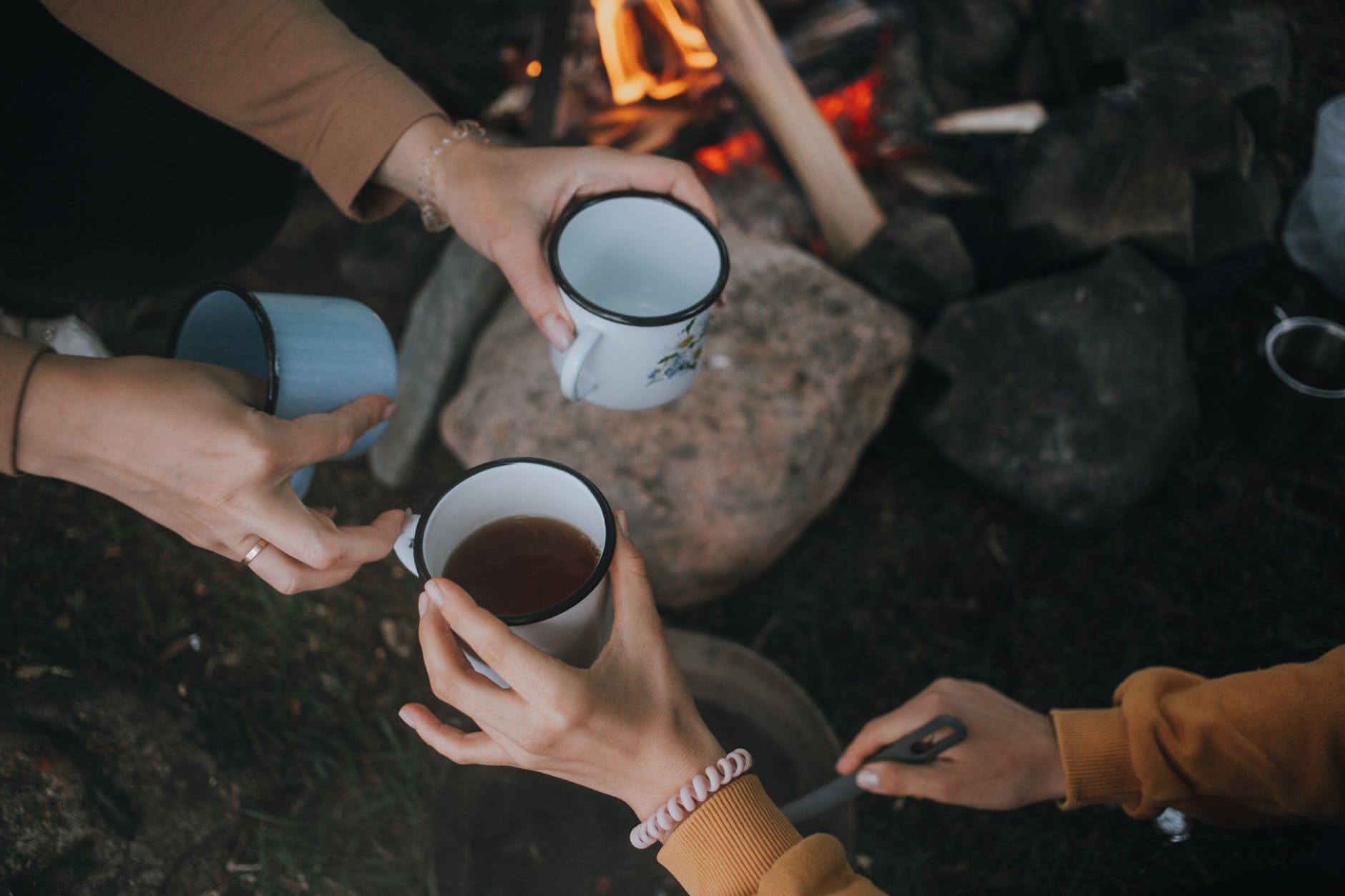
HOW DOES COFFEE WORK?
While we might know the effects coffee has on us, how it does this is not usually very well known. At only around five calories a cup, coffee is seemingly impossible, an affront to the conservation of energy: how can something so calorie-light give us such a boost in energy?
The answer is it cheats. Caffeine is very much a drug (a psychoactive one at that) and simply changes the behavior of our brain into feeling like we have more energy.
After downing your morning cup, your blood becomes flush with caffeine. Wending its way to your brain, the caffeine docks to your A1 receptors, something which ordinarily binds to the neural inhibitor adenosine. Over the course of a day, adenosine accumulates and slots into these A1 receptors, eventually signaling our muscles to relax, inducing a feeling of sleepiness. We go to sleep, mental hygiene is undertaken, adenosine is flushed away, and the process begins anew.
Except, caffeine interferes with this process, preventing adenosine from docking with A1 receptors.
The consequence is that you don’t feel sleepy. In fact, more than that, caffeine makes us feel more alert. Through the stimulation of norepinephrine, we also get a dopamine rush, and the neurons in our brain go into overdrive.
When people say caffeine is a drug, they aren’t kidding. It’s a powerful one.
The benefits are numerous. Studies repeatedly show that coffee, and more importantly, caffeine, can improve memory, reaction time, mood, and mental performance. Yet more research shows that caffeine can also improve our gym game by 11%, allowing us to put in more effort if ingested thirty minutes prior.
Coffee’s also full of the good stuff. A single cup contains around 11% of our daily recommendation of riboflavin and small amounts of B5, manganese, magnesium, niacin, and potassium. Sure, these amounts aren’t much, but as an added bonus it’s a welcome surprise.
Perhaps most significantly though, is that coffee is one of our most reliable sources of antioxidants, including polyphenols. These naturally occurring compounds are known to prevent diseases such as type 2 diabetes, heart disease, and even cancer.
So, if coffee is so great, why do celebrities keep telling me to kick my caffeine habit?
IS COFFEE BAD FOR US? SHOULD WE LOVE COFFEE LESS?
We tend to stigmatize addiction and substances that alter our mental state. Just like To Kill a Mockingbird’s old Mrs. Dubose wanted to kick her morphine addiction before she died, as a society and culture, we tend to dislike chemical dependency and see it as a kind of weakness.
Addiction to coffee is not like addiction to gambling or hard drugs, though. We’re not going to sell our Mom’s jewelry for a caramel latte or lose our job over a Macchiato binge. Coffee is, instead, a much milder, socially acceptable addiction with benefits that seemingly outweigh the negatives. As we’ve established, it’s scientifically established that it gives us an energy shot and has more than a few health advantages to boot. It’s also become integral to parts of our society and culture.
The fly in the ointment, however, is a particular study conducted in 2013. This study of 43,727 Americans aged 20-87 found that if you’re under 55 and drink 4 or 5 cups of coffee a day, there’s a chance you’re shortening your life.
Specifically, the study found that the metabolism of those with “genetic coffee addiction” was adversely affected. This seemingly outweighs the health benefits for these individuals and results in a 50% higher chance of premature death for those affected.
The study’s inconvenient conclusion led to a surge in further research.
With coffee drinkers breathing a collective sigh of relief, follow-up studies have conflicted dramatically with its findings. These later studies found that coffee consumption may actually increase longevity and can be consumed in moderation safely by most people.
But while science is still debating the long-term prospects for coffee guzzlers, we know for sure a couple of things. Unfiltered coffee is probably best avoided. It contains cafestol, a substance known to increase cholesterol levels. For those with known heart trouble, Turkish coffee and drinks made with a French press may therefore pose a risk. Coffee can also strip you of electrolytes, vital to your body’s pH levels, muscle contraction, and hydration. While a pre-gym coffee might give your workout a little boost, without mindfully replacing the electrolytes it can often lead to a feeling of listlessness and irritability, undoing your hard work.
And, if we’re honest, modern coffee is often barely recognizable as the java we once knew anyway. Coffee has transformed into yet another overindulgence. Laden with cream, infused with syrup, and bestrewn with cookie crumbs, modern coffees are often more an excuse to have a mid-morning dessert than a pick-me-up. With many health issues related to the consumption of high-calorie, sugary treats, the coffee involved may be the least of our worries.
The reality is that coffee is perhaps the lesser of multiple evils. There are, of course, downsides to caffeine, but a widespread addiction to a relatively benign bean is much more preferable than the effect opium had on China during the 1800s, for example.
With coffee’s ready availability and popularity at an all-time high, it doesn’t seem this love affair is ending any time soon.
This story was written by contributing writer Matt Wiliams.
Matthew is writer with a focus on lifestyle and technology.
Check out some of his previous stories below.
Zoomshock | How It’s Reshaping Our Lives

